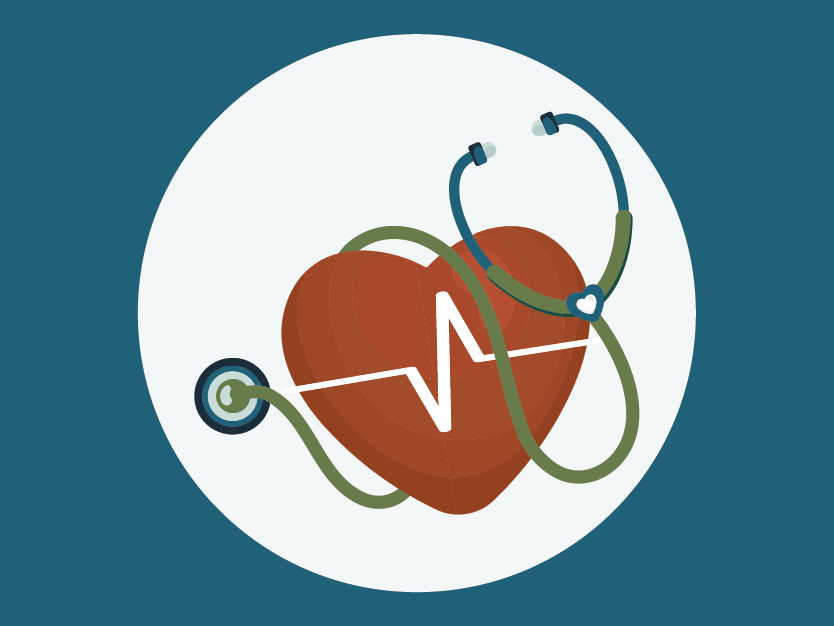Skillet Pasta Dinner
A quick and delicious one-pot meal that is sure to please the whole family. Add your favorite frozen or fresh veggies to this dish!

Life as a diabetic has many complications. If you or a loved one has diabetes, we want to make managing the condition a little easier for you. Whether you are newly diagnosed with diabetes or need to brush up on your understanding of diabetic monitoring, we have the most up to date information for you.
Diabetic Monitoring
If you have diabetes, keeping your blood sugar numbers in your target range can help you feel good and stay healthy. There are several ways to monitor the level of blood glucose in your system. We break down at-home testing using a finger-stick glucose meter that can help you determine your blood glucose level at that time.
Common Times to Self-Monitor
Ask your healthcare provider how often you should be checking and at what times. The most important part of blood sugar monitoring is what you do with the information. Recording blood sugars either online, on an app, or in a notebook can help you notice patterns within your lifestyle. Make sure you let your provider or HealthCheck360 Health Coach or Nurse know if you are running lower or higher than your goals. If you don't have any blood sugar goals, have a conversation with your healthcare provider. Here are some guidelines for blood sugar levels according to the American Diabetes Association:
| Before Meals | 80 - 130 mg/dl |
| 2 Hours after Meals | Less than 180 mg/dl |
What Will Affect my Blood Sugar?
What is the A1c Test?
The A1c test is sometimes called the hemoglobin A1c, HbA1c, or glycohemoglobin test. The A1c test is the primary test used for diabetes management. The American Diabetes Association (ADA) recommends an A1c level of less than 7% for most adults, which is an estimated average glucose of 154. You and your healthcare team will decide on an A1c target that is right for you. If your A1c stays too high, it may increase your chances of having eye, kidney, nerve and heart problems.
Why Do Both Kinds of Testing?
Think of the A1c as a semester test - telling you how you've been performing overall. The blood glucose monitoring is like a pop quiz, checking your performance right now. They are both important and help you and your healthcare provider evaluate how you are doing with your diabetes and if changes are required.
If you have more questions about your life as a diabetic contact one of our health coaches today, or call us at 1-866-511-0360.
Want advice on changing your diet and starting your journey towards a healthier life? Start here.
*This guide is not meant to take the place of a physician visit nor can it diagnose illness or medical problems. It is designed to give you information relating to your health risks and overall wellness. This information is provided to help you develop a plan of action to make healthy lifestyle changes. HealthCheck360 uses scientifically validated research to help you identify risks or behaviors that may cause or lead to chronic illness. Our program concentrates on risk factors that can be modified and that you should be able to effectively control, maintain, and/or improve.

A quick and delicious one-pot meal that is sure to please the whole family. Add your favorite frozen or fresh veggies to this dish!

Nutrition is the foundation of health, influencing disease prevention and overall well-being.

February is Heart Health Month—a perfect time to focus on the habits that keep your heart strong.